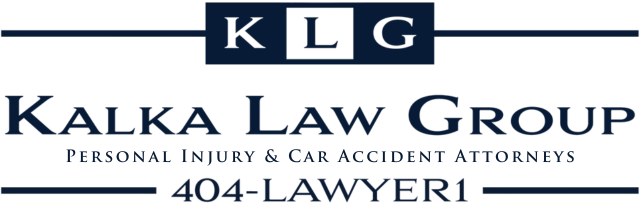Do you know how dangerous it can be to drive while you’re tired? According to the National Highway Traffic Safety Administration (NHTSA), “drowsy driving is a major contributor to motor vehicle crashes.”
In fact, drowsy driving is as dangerous as driving drunk. Truck drivers are especially at risk of developing sleep disorders due to their work schedules. In this blog post, we will discuss the most common sleep disorders truckers develop.
Insomnia
The most common sleep disorder that truckers develop is insomnia. Insomnia is defined as difficulty falling asleep or staying asleep. Truckers often suffer from insomnia because of the irregular hours they work and the stress of driving long distances.
Obstructive Sleep Apnea
Another common sleep disorder among truckers is obstructive sleep apnea. Obstructive sleep apnea is a condition in which your breathing is interrupted during sleep. Truckers are at risk for this condition because of the sedentary nature of their job.
Shift Work Sleep Disorder
Another common sleep disorder among truckers is shift work sleep disorder. Shift work sleep disorder is a condition that occurs when your natural body clock is disrupted by working odd hours. This can be a problem for truckers who often have to drive late at night or early in the morning.
Drowsy Driving Accident Trends
There are certain patterns drowsy driving crashes tend to follow. According to the NHTSA, three elements are most often connected to drowsy driving accidents. Drowsy driving accidents:
- Occur most often between midnight and 6:00 AM, or later in the afternoon. During both times of the day, humans have dips in their circadian rhythm, which is the body’s internal clock that is in charge of regulating sleep.
- Typically involve a driver with no passengers that runs off the road at a high speed with no signs of trying to engage the brakes.
- Usually occur on rural roadways.
Medication Can Be The Cause Of Drowsy Driving Crashes
While most prescription medications do not significantly impair a person’s ability to drive, some do. According to the U.S. Food and Drug Administration (FDA), some prescription drugs that can make it unsafe to operate a vehicle include:
- Opioid pain relievers
- Anxiety medications
- Anti-seizure drugs (antiepileptic drugs)
- Antipsychotic drugs
- Certain antidepressants
- Products that contain codeine
- Certain cold medications and allergy relief products, such as antihistamines (both prescription and over-the-counter (OTC)
- Sleeping pills
- Muscle relaxers
- Medications that treat or control symptoms of diarrhea
- Drugs that treat or prevent motion sickness symptoms
- Diet pills, “stay awake” drugs, and others containing stimulants (such as caffeine, ephedrine, pseudoephedrine)
Drowsy Driving Causes Accidents
It may surprise you to learn that, unfortunately, drowsy driving is just as dangerous as drunk driving. In fact, according to the Association for the Advancement of Automotive Medicine, drowsy driving is responsible for an estimated 16,000 fatal crashes each year. That’s why it’s so important for truckers to be aware of the risks of drowsy driving and take steps to prevent it.
Truck Accident Liability
If a semi-truck is involved in a collision, significant damage to all parties involved is often the result. When a truck driver causes a crash as a result of drowsy driving, they may be held liable for the losses incurred in the accident. This includes property damage, medical bills, and even wrongful death.
However, if a trucking company is found to place unrealistic deadlines on their drivers in an attempt to cut corners and save time, the company may be held liable for damages incurred as a result of a drowsy driving crash.
We Can Help Injured Truck Accident Victims
If you or a loved one has been involved in a truck accident, it’s important to speak with an experienced personal injury attorney about your legal options. An attorney at The Kalka Law Group – Personal Injury & Car Accident Attorneys can help you recover the compensation you deserve for your losses. Don’t delay—reach out right away to learn more about how we can help with your case.
We offer free consultations and we know how to assist you. Contact our office right away to discuss the details of your case by calling (404) 529-9371 or filling out the online contact form.

